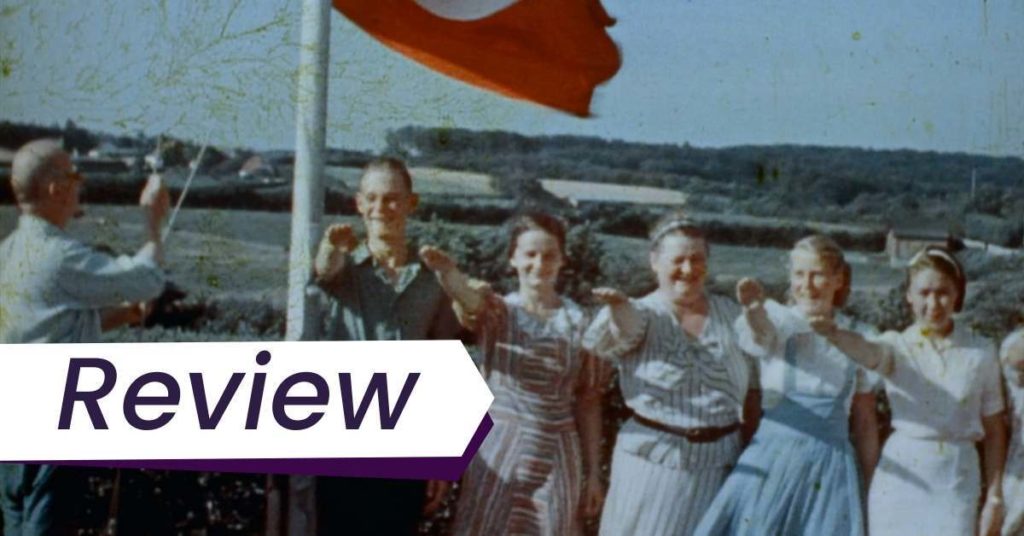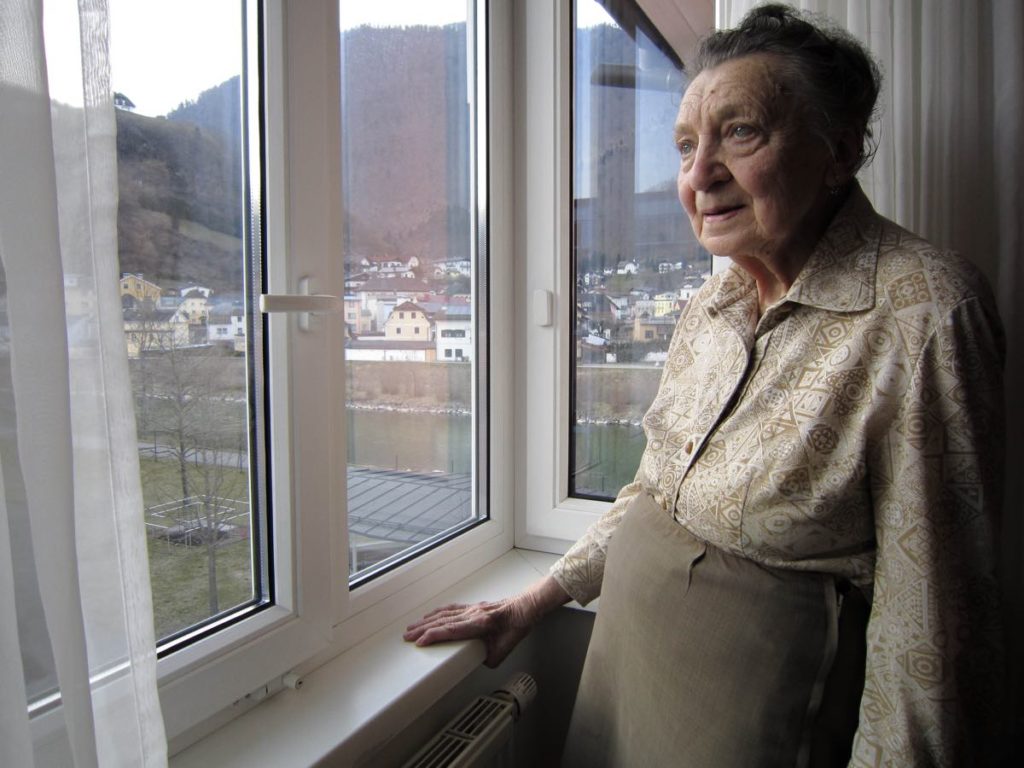Luke Holland’s Final Account introduces us to the last living generation of Hitler’s Third Reich to explore how they feel about their actions. Final Account is now available on VOD in the US and UK.

Discover one film you didn’t know you needed:
Not in the zeitgeist. Not pushed by streamers.
But still easy to find — and worth sitting with.
And a guide to help you do just that.
Luke Holland’s final documentary, Final Account, introduces us to the last living generation of Hitler’s Third Reich to show us how evasive and in denial these people still are about their culpability in the Holocaust. Holland interviews former SS officers, many of whom still talk about serving in the elite unit as an honour, as well as regular citizens who collaborated with and were complicit in the Nazi regime. For example, we meet a woman who was a nanny to an SS family who proudly recalls getting her teeth fixed by concentration camp inmates. We meet several former SS officers who deny that the Holocaust actually happened. And we meet an accountant who worked at the concentration camp but felt no responsibility for her work there.
Throughout the film, Holland’s subjects are keen to reveal precise details of what happened in the Holocaust, but are sketchy about how they happen to know these things. With prodding, he often discovers that not only were they merely witness to atrocities, but most were active participants, too. Repeatedly, his subjects claim they didn’t know what was really happening in the Third Reich, and then, hypocritically, also proclaim their intimate knowledge of the minutiae of the administration. If they can admit that the Holocaust was an atrocity, they will find a way to absolve themselves of complicity. And not everyone makes it quite that far.
Throughout, Holland paints a picture of country that has continued post-Holocaust almost as if it never happened. The concentration camps are still there, if now memorials to the dead, and so many of the perpetrators are still living normal lives in their comfortable, suburban homes. Holland reminds us of this reality by interviewing his subjects in their homes, where signs of a full, uninterrupted life tell us that they simply never had to face their culpability in any real way. Similarly, he intercuts shots of the sites of major Nazi atrocities — the camps, the railroads, the rail stations, and more — to remind us that the infrastructure that enabled this is still very much present, despite convenient cultural amnesia. Meanwhile, archival footage reminds us how normalized Nazi politics were, as we see people do the Nazi salute while giddily playing on the beach or watching a parade.

Final Account often reminded me of Joshua Oppenheimer’s The Look of Silence, which also involved encounters with perpetrators, though in Oppenheimer’s case, with the hope for truth and reconciliation. Both films show that few perpetrators feel remorse, although many even brag about their actions. A major difference is that while Indonesia (the setting of The Look of Silence) is still run by the people responsible for the genocide, Germany is no longer a Nazi state, and the world has recognized the Holocaust as an atrocity. That makes Holland’s subjects more slippery, looking for ways to explain how they weren’t directly responsible for the death of Jews, whether or not that is actually true. Unlike Oppenheimer’s subjects, they tend to tell their stories in the third person, removing themselves until forced to place themselves in the action. Sometimes, they even talk about how they didn’t agree with Nazi ideology, but wouldn’t oppose it either — as if that would absolve them.
The one exception to this rule is a former SS officer who has accepted his role as a perpetrator and is candidly ashamed of his role. In Final Account, Holland follows him to a meeting with modern neo-Nazis, held in the very building where the Final Solution was hatched and decided on. The former SS officer explains how incredible it is that people sat around a table just like the one they’re sitting around and planned the deaths of so many people. He’s aware of all the times he was too afraid to say no, the ways in which he was brainwashed and indoctrinated, and is deeply ashamed for not waking up to reality. As he urges the young people to not believe propaganda, to think for themselves, and to make sure they don’t make the same mistakes he did, we also see his despair at their disinterest in hearing him out. It’s a strange but moving scene to see a former SS officer in the right, trying to prevent history from repeating itself.
You could be missing out on opportunities to watch great films like Final Account at virtual cinemas, VOD, and festivals.
Subscribe to the Seventh Row newsletter to stay in the know.
Subscribers to our newsletter get an email every Friday which details great new streaming options in Canada, the US, and the UK.
Click here to subscribe to the Seventh Row newsletter.
Get the ebook all about documentary filmmaking!
Discover great interviews with documentary filmmakers
Over and over, we drop you into the minds of some of today’s most influential documentarians.

